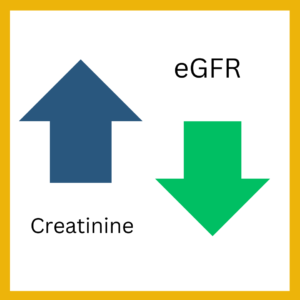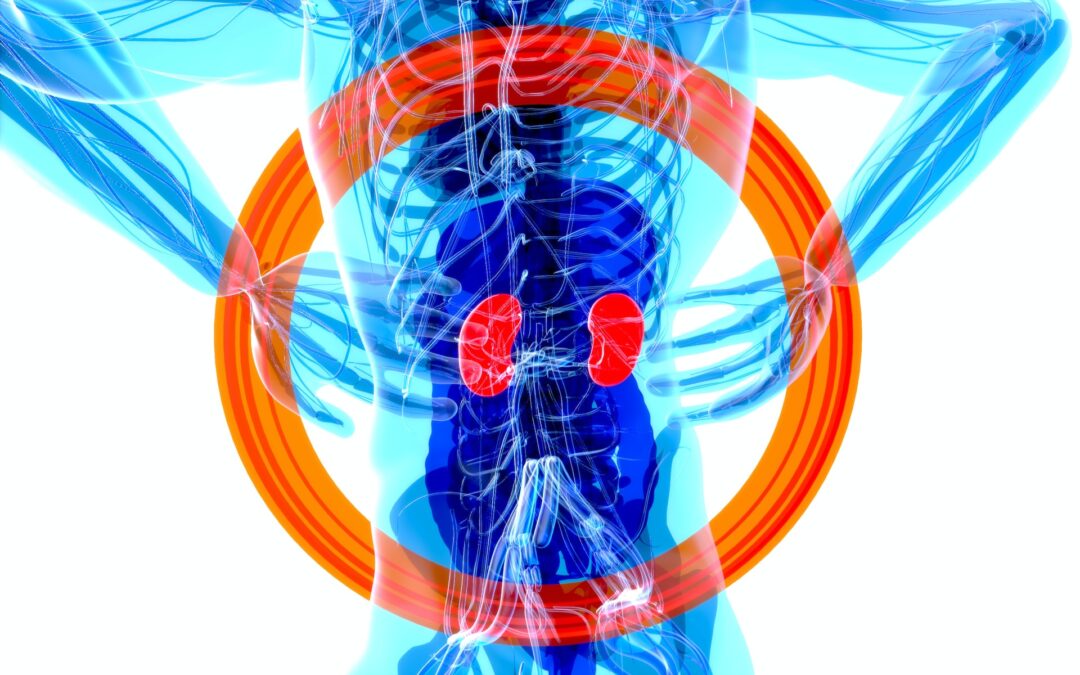Have you been told that you have chronic kidney disease (CKD) and have no idea where to start looking for help? Perhaps you’ve spent weeks with your head down internet rabbit holes.
I would love to extract you from those holes and place you back into the light and on the path to clarity about where to go from here. Of course, I can’t do this in a short (or long) blog. What I can do is ensure that, if we do work together or if you choose to work with another specialist kidney dietitian, you have the information to hand that will help you make the most of your appointment.
So, here is a checklist of information that you might want to gather: 
Do you know why you have chronic kidney disease? The two most common causes are diabetes and high blood pressure (often called hypertension). Optimising our diet and lifestyle is a key part of the management of both of these. That said, a healthy balanced diet is likely to be beneficial regardless of the cause of your CKD.
Do you know what your level of kidney function is? This is often expressed as eGFR. In what direction has your eGFR been going over the past few years? Has your kidney function dropped suddenly or has it been a gradual decline?
Was your CKD picked up on a routine blood test and this is the first you’ve known about it? It is possible that your kidney function has always been low since birth due to, for example, a malformation of one of your kidneys. Your doctor will probably do further investigations to identify the cause and/or refer you on to a kidney specialist.
Have you already been asked to make dietary adjustments by a health professional regarding your kidney disease? For example, has anyone mentioned that your potassium or phosphate levels are raised?
Let me explain the jargon: What is this mysterious eGFR number? eGFR stands for estimated glomerular filtration rate i.e. it is an estimate of how well your kidneys are doing the job of cleaning your blood.
The kidney rids the body of unwanted stuff via the urine. For example, if you eat more of certain minerals and vitamins than you need, you pee them out. You also pee out waste products that naturally build up in your blood as your body renews itself.
The eGFR is not a specific compound in the blood like iron or calcium that can be simply measured. It is the result of a calculation. The key factor in the calculation of your eGFR is your creatinine level.
Creatinine comes from the protein we eat plus the protein from the normal turnover of our muscle tissue. The healthy kidney gets rids of any excess creatinine to ensure our blood levels remain within a tight range. So, if your creatinine level is raised, it can be a sign that the kidneys are not functioning perfectly.
As the creatinine goes up, the eGFR goes down.
The eGFR calculation takes a number of other factors into account too. These are your sex, age and ethnicity.
Is the eGFR a percentage? It is often quoted as a percentage but that isn’t quite accurate since the number is the product of a calculation, as we just discussed. In fact, in healthy young people, the eGFR may be calculated to be over 100. Using the concept of a percentage just makes it easier to get our heads around. If you’re not so young, don’t be surprised if you eGFR is well under 100. When we get to over 70, it is normal for it to have dropped to around 75. A bit like everything in our body, it just shows its age a little.
Where do potassium and phosphate come into it? These are two minerals which we get from foods. They are essential for life. However, if the kidneys can’t get rid of them as well as they used to, the levels of these minerals rise in our blood.
This can cause other problems. A raised potassium or phosphate level are very rare in the early stages of kidney disease. It is also worth noting that a rise in potassium may have nothing to do with our diet whatsoever, since it may be coming from medications, for example.
So, unless you have been told that your levels are raised, please do not make changes to your diet. The key reason being that it inevitably leads to people excluding healthy foods, such as fruit, vegetables, beans and pulses, from their diet unnecessarily. That would be a great pity and might backfire on your health in general.
Whether you’ve pieced together this information already or not, feel free to call me for a 15 minute chat.

